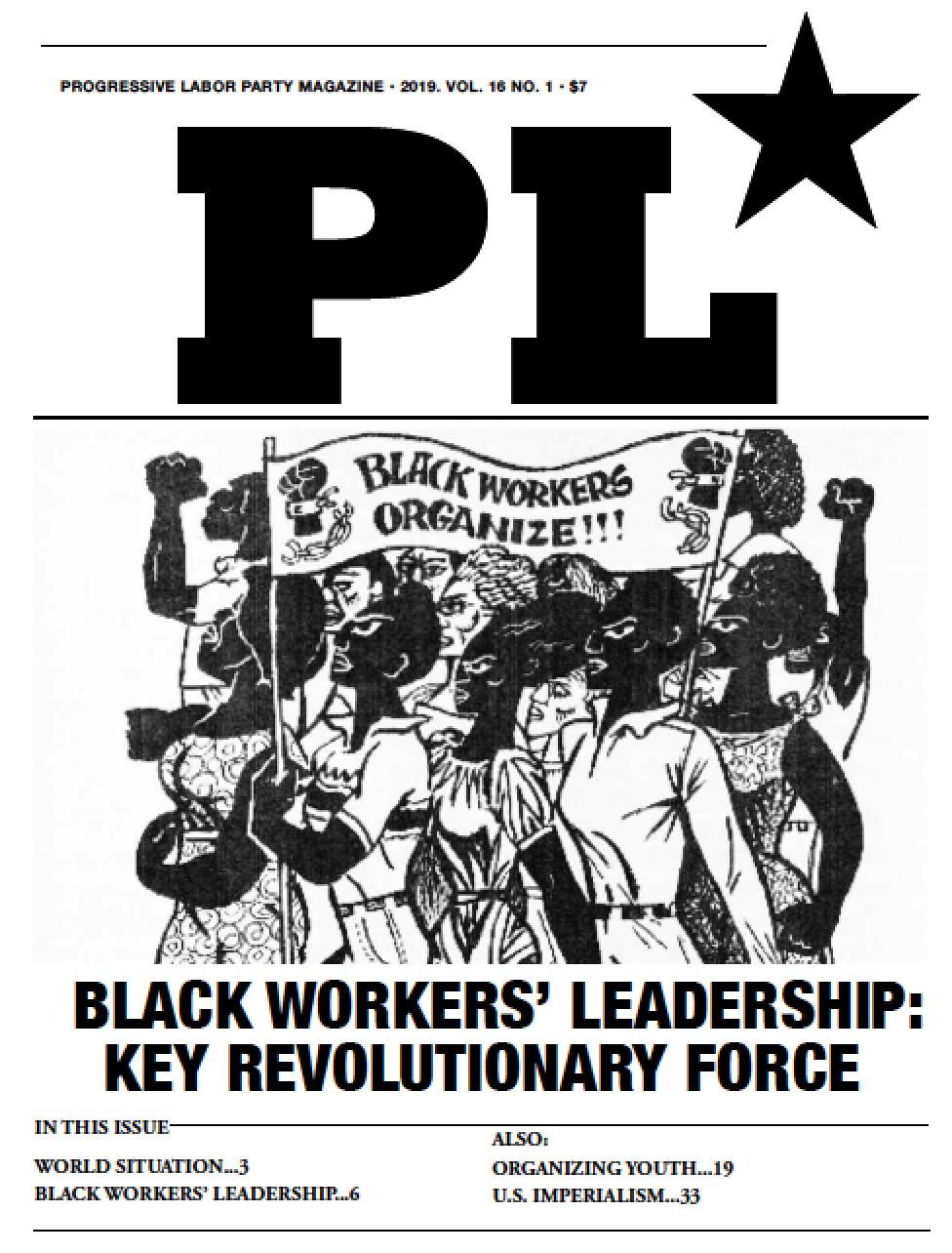Japan’s Fake Leftists Betray Revolutionary Novel
 Thursday, April 15, 2010 at 4:49PM
Thursday, April 15, 2010 at 4:49PM The economic meltdown that has hit Japanese workers and students in the last decade has led to an intriguing trend: the renewed popularity of Takiji Kobayashi’s proletarian novel Kani Kosen, translated as “The Factory Ship” (or “Crab-Canning Ship”). Takiji’s work is considered a staple of the Japanese Proletarian Literary Movement, which flourished from around 1920-1930, and included figures such as Shigeharu Nakano, Fusao Hirabayashi, and the anti-imperialist and anti-militarist novelist Kuroshima Denji.
Proletarian writers criticized international capitalism, the rise of fascism, and the super exploitation of the working class. Takiji’s work describes the exploitation of ship workers who through coercion, economic necessity, and violence are forced into accepting the appalling conditions of the factory ship and who are gradually awakened to political action by a handful of worker-leaders who realize that without unity any future action will fail.
The popularity of Kani Kosen, which hit the top ten bestseller list in 2008, was remade into four different Manga (Japanese comics) and a recent film. It has led to new phrases that characterize the degrading labor to which young Japanese especially are subjected (Kani ko suru—“to do debasing work”). It also signifies the extent to which workers are reflecting on the material conditions of the current crisis and the failures of the capitalist system.
Takiji experienced first-hand the systemic injustice of Japanese capitalism after he moved with his family to the northern-most island of Hokkaido, which at the time was in the process of rapid state development that demanded the super-exploitation of Japanese, immigrant, and Ainu (Hokkaido’s indigenous) workers. By 1915, over 400 strikes had taken place across Hokkaido, followed by a mass strike in 1917 of over 4,000 Japanese steel workers. In 1922 the Japanese Communist Party came into existence and was met with severe police repression.
In 1927 Takiji first took part in a number of strikes, including the general strike of Otaru Dock in northwest Sapporo (Hokkaido’s largest city). The same year he joined the All-Japan Proletarian Artist Federation (Zen Nihon Musansha Geijutsu Renmei). Kani Kosen gained immediate attention by the literary and communist establishment, leading to his arrest and torture by Japanese police in the spring of 1930. Takiji’s arrest, torture, and murder at the hands of police on February 20, 1933 has not gone unnoticed: since 1947, people have gathered to commemorate his death and legacy at various places around Japan, an occurrence that has sharply increased in the last few years.
The popularity of Kani Kosen has helped the reformist Japanese Communist Party rebuild its base: the JCP has gained 14,000 members since 2008 and one in four of these new members is under the age of 18. This is a generation that grew up without having experienced the relative stability that existed in Japan during the post-war “boom” and has only experienced hard conditions. The increasing worker-led rallies in the streets have sparked interest in communism, which the JCP is misleading to rebuild its base in mainstream politics. The JCP claims well over 400,000 members in 25,000 local branches, making it one of the largest “Communist” Parties of the G8 countries. While this is a seemingly hopeful trend, the resurgent JCP deceives the working class. Their call for “pragmatic solutions” and a peaceful transition towards socialism without the total dissolution of the capitalist system abandons the communist principles of the party Takiji joined.
The renewed interest in Kani Kosen is the most significant development that has emerged from the capitalist crisis in Japan. As Takiji makes clear in his work, it is a slow, difficult process for workers to reach the understanding that only through international solidarity do they have any chance of survival and that their real enemy is not only the managers and bosses immediately in front of them, but also the system of capital itself, which needs to be overthrown.
Reflecting on Takiji’s words in the context of the recent strike at Stella D’Oro, whose workers are now looking for other jobs, we can see why workers need to build a real revolutionary communist party, the PLP, and take it with them from one struggle to the next, wherever they go — in the U.S., in Japan, everywhere. PLP will never follow the JCP path into the dead-end of electoral reformism, a betrayal that dishonors Takiji’s writing and the revolution for which he organized, struggled and died.





 Progressive Labor Party (PLP) fights to destroy capitalism and the dictatorship of the capitalist class. We organize workers, soldiers and youth into a revolutionary movement for communism.
Progressive Labor Party (PLP) fights to destroy capitalism and the dictatorship of the capitalist class. We organize workers, soldiers and youth into a revolutionary movement for communism.




Reader Comments